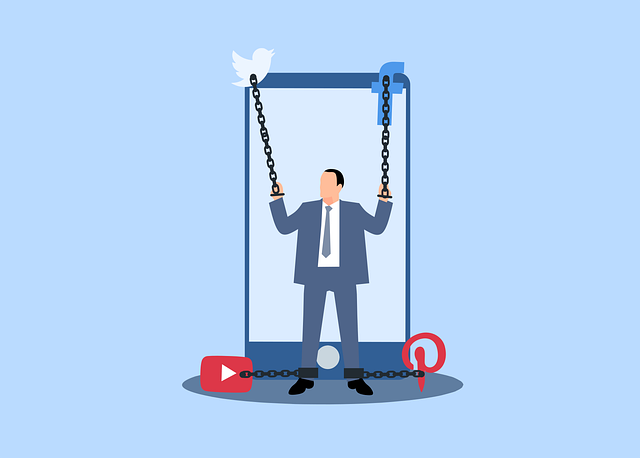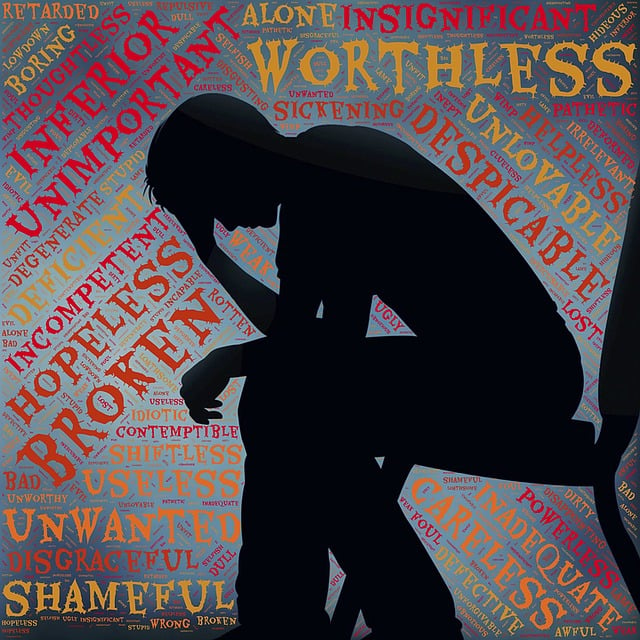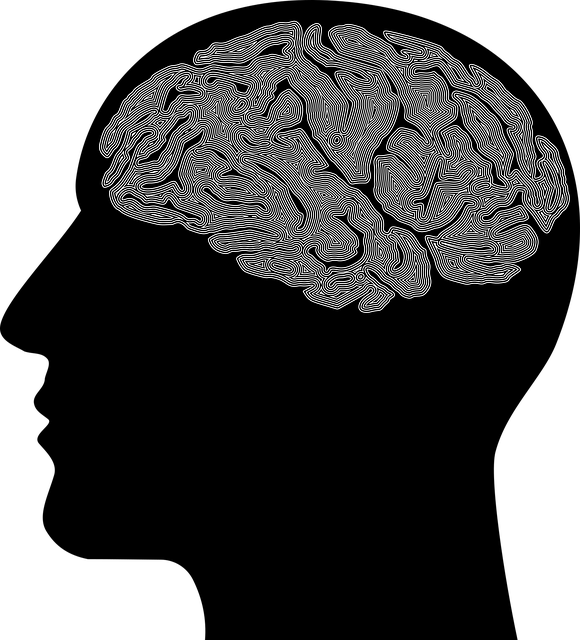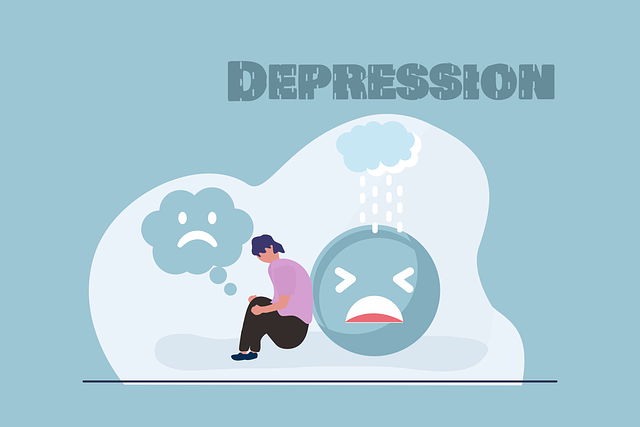Mental wellness group facilitation in Louisville serves as a powerful, therapeutic framework for addressing drug abuse. Skilled facilitators create safe, inclusive environments where participants share experiences and learn from one another, fostering open dialogue and empathy. Active listening, clear boundaries, guided meditations, and risk management planning empower individuals to challenge negative thought patterns and develop mental resilience. Effective communication strategies ensure every voice is heard, validating individuals and encouraging emotional expression. Success is measured through qualitative feedback, attendance rates, engagement levels, and improvements in emotional well-being, allowing facilitators to tailor support for lasting positive change, particularly relevant in Louisville where drug abuse-substance abuse therapy is prevalent.
Mental wellness group facilitation is a powerful tool in enhancing recovery for individuals facing drug abuse and substance use disorders. This comprehensive guide explores effective strategies for facilitators, focusing on creating safe spaces in Louisville drug abuse-substance abuse therapy groups. From understanding key principles to implementing communication techniques that encourage open dialogue, this article equips facilitators with tools to foster engagement and measure progress. Learn how to adapt facilitation approaches for optimal client outcomes.
- Understanding Mental Wellness Group Facilitation
- Creating a Safe and Supportive Environment in Louisville Drug Abuse-Substance Abuse Therapy Groups
- Effective Communication Strategies for Group Facilitators
- Techniques to Foster Open Dialogue and Engagement
- Measuring Success and Adjusting Facilitation Approaches
Understanding Mental Wellness Group Facilitation

Mental wellness group facilitation involves leading and supporting a diverse range of individuals working together to improve their mental health. It’s a powerful approach that fosters connection, understanding, and growth within a supportive community. Effective facilitators create a safe and inclusive environment where participants feel comfortable sharing their experiences, exploring challenges, and learning from one another.
In Louisville, Drug Abuse-Substance Abuse Therapy has long been recognized as an essential component of mental wellness support. Group facilitation techniques play a significant role in these therapies, particularly when addressing issues like trauma and burnout prevention. Skilled facilitators employ communication strategies to encourage open dialogue, ensuring every voice is heard. This inclusive approach promotes empathy, challenges negative thought patterns, and empowers individuals on their journey towards better mental health and well-being.
Creating a Safe and Supportive Environment in Louisville Drug Abuse-Substance Abuse Therapy Groups

Creating a safe and supportive environment is paramount in Louisville Drug Abuse-Substance Abuse Therapy groups. Facilitators play a crucial role in fostering an atmosphere where individuals feel comfortable sharing their experiences, fears, and progress without fear of judgment or stigma. Techniques such as active listening, open-ended questioning, and validating emotions help build trust within the group setting. Additionally, incorporating emotional well-being promotion techniques like mindfulness exercises and positive reinforcement can significantly enhance participants’ mental resilience and overall emotional stability.
Risk management planning for mental health professionals is essential to ensure a secure space. This involves understanding potential risks, such as triggers or past traumas, and implementing strategies to mitigate them. By adhering to Mind Over Matter principles—encouraging individuals to take control of their thoughts and emotions—facilitators empower group members to navigate challenges and achieve personal growth. Such an environment not only facilitates recovery but also paves the way for long-term mental wellness in Louisville Drug Abuse-Substance Abuse Therapy groups.
Effective Communication Strategies for Group Facilitators

Effective communication is a cornerstone for facilitators leading mental wellness groups, particularly those addressing Louisville Drug Abuse-Substance Abuse Therapy. Group dynamics can be intricate, with participants bringing diverse backgrounds and experiences. Facilitators must employ strategies that foster open dialogue, ensuring every voice is heard. Active listening, where the facilitator pays close attention to each member’s shared thoughts and feelings, is a powerful tool. This technique not only demonstrates empathy but also allows for subtle cues to be noticed, helping individuals feel validated and encouraging them to express themselves more deeply.
Moreover, facilitators should encourage respectful communication by setting clear boundaries and establishing ground rules from the outset. This includes promoting non-judgmental environments where participants can share their struggles openly. By creating a safe space through empathetic listening and structured interactions, facilitators enable the group to engage in meaningful Emotional Healing Processes, facilitate Emotional Regulation, and ultimately support Coping Skills Development.
Techniques to Foster Open Dialogue and Engagement

Fostering open dialogue and engagement is a cornerstone of effective group facilitation in mental wellness settings, such as those offering Louisville drug abuse-substance abuse therapy. Techniques like active listening encourage participants to share their experiences without judgment, creating a safe space for vulnerability. This not only promotes emotional well-being promotion techniques but also enhances self-care routine development for better mental health by fostering a sense of belonging and mutual support.
Additionally, interactive activities and group exercises can stimulate emotional regulation skills. For instance, guided meditations or mindfulness practices help individuals manage stress and emotions in real-time. By integrating these approaches, facilitators enable folks to explore their feelings, gain insights, and learn coping mechanisms that resonate with them. This personalized experience is key to navigating the complex landscape of mental health and fostering positive change.
Measuring Success and Adjusting Facilitation Approaches

Measuring success in mental wellness group facilitation involves a multifaceted approach tailored to the specific needs and goals of participants. While qualitative feedback from group members and facilitators can provide valuable insights, quantitative metrics like attendance rates, engagement levels, and changes in emotional well-being promotion techniques are also essential. Regular assessments help identify areas where the approach might need adjustment. For instance, if members consistently report feeling safe and supported but show minimal progress in inner strength development, the facilitation strategies could be refined to incorporate more interactive activities or Crisis Intervention Guidance.
In a city like Louisville struggling with drug abuse-substance abuse therapy, it’s crucial to adapt these techniques accordingly. Understanding what works best for each group dynamic enables facilitators to enhance their support, ensuring that participants not only feel heard but also gain practical tools for managing mental health challenges. This iterative process of measuring and adjusting fosters an environment conducive to lasting positive change, ultimately contributing to improved outcomes in emotional well-being promotion.
Mental wellness group facilitation is a powerful tool in the fight against drug abuse, as evidenced by successful programs like those in Louisville. By creating safe spaces and employing effective communication strategies, facilitators can transform groups into supportive communities. Open dialogue and active engagement are key to unlocking participants’ potential for healing and growth. Regularly measuring success and adapting facilitation approaches ensures that these therapeutic environments remain dynamic and beneficial, ultimately contributing to positive outcomes in the battle against substance abuse in Louisville.













